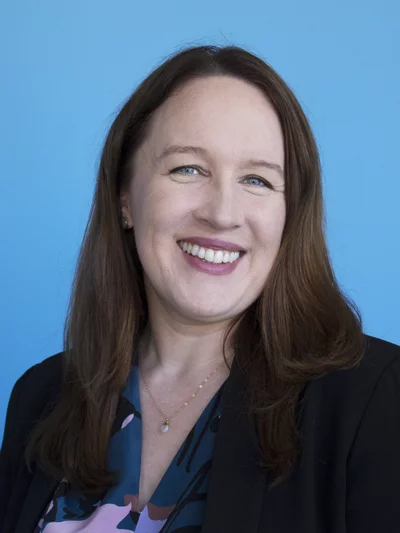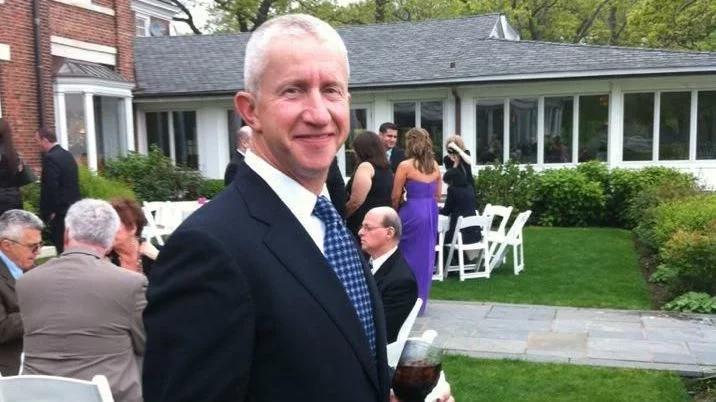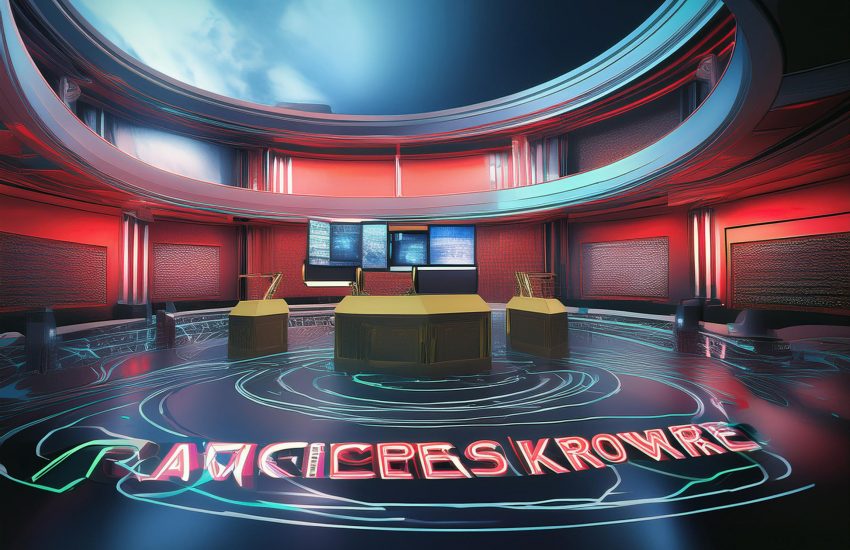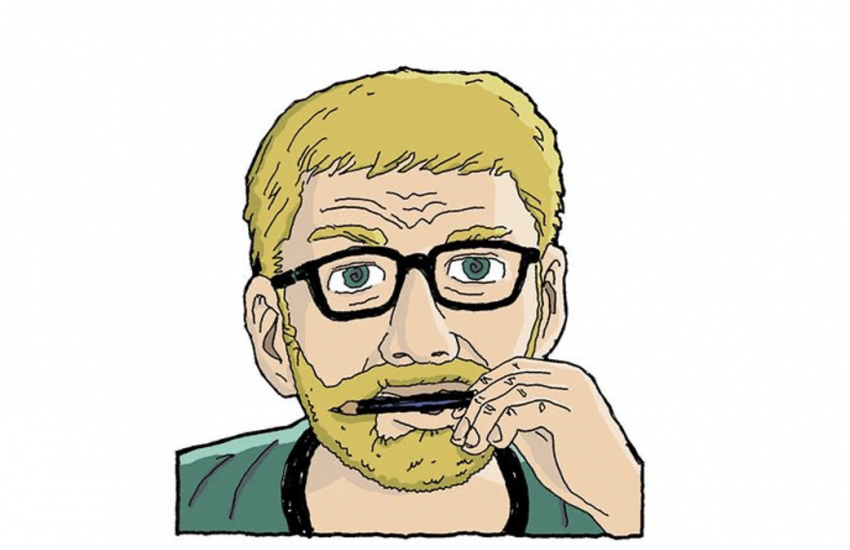How Hidden Brain Media shares short-form serendipitous stories
When asked about the inspiration behind “My Unsung Hero” –– a two- to five-minute podcast detailing stories of everyday heroes –– Tara Boyle, executive producer and head of content, was quick to call it “delightful serendipity.”
What began in 2016 as a way to show gratitude to colleagues who supported the Hidden Brain podcast turned into a weekly independent podcast and segment on NPR’s “All Things Considered.”
From a kind gesture, like receiving a hug in a checkout line, to a teacher that forever changed a students’ life, “My Unsung Hero” encapsulates stories of empathy and humility.
The act of thanking an “unsung hero” originally existed in the credits of the Hidden Brain podcast to shout out those who made the production happen – from people who assisted on the editorial side to those who worked in the facilities.
Boyle said listeners would stay through the show for the uplifting ending. Creator and host of Hidden Brain Shankar Vedantam wanted to give listeners a chance to share their own stories, and in October 2021, the project officially began.
“‘My Unsung Hero’ is a great reminder that you can tell powerful stories in really short amounts of time,” Boyle said. “You know that you can accomplish a lot creatively with two to five minutes of tape, and especially if you do a project that comes out regularly and over a span of years, there’s a certain power to having so many stories from so many people around this single theme of kindness and gratitude.”
Storybench spoke with Boyle to learn more about Hidden Brain Media, “My Unsung Hero” and short-form storytelling.
The following interview has been edited for clarity and length.
How did Hidden Brain Media come to be?
Hidden Brain started as a show in 2015, as a podcast produced at NPR, and we then launched the radio version of the show in 2017. And then in 2020, our host Shankar Vedantam decided that he was interested in launching his own production company. So, we ended up deciding not to be housed in-house at NPR and sort of became our own independent production company. But we are still a part of the public radio fold in that our radio show is distributed by NPR and we still work really closely with the folks at NPR in a whole variety of initiatives.
You mentioned being separate from NPR allows you to explore other creative forms of storytelling. What does that mean for ‘My Unsung Hero’ and also beyond that?
With my ‘Unsung Hero’, it’s interesting. That project ended up bringing us closer back into the public radio fold because it ended up being a project that was really perfect as a radio segment so we now have a radio version of ‘My Unsung Hero’ that airs on ‘All Things Considered’ on NPR every week. As much as I love the podcast version of it, it really is a perfect short-form radio project.
The concept of gratitude and, in particular, gratitude often to people you don’t know. Many of the stories that we get, people don’t know who their unsung heroes are and there’s something really appealing about that. The idea that when you’re out in the world, there’s still people who have your back.

How do you define podcasting?
I think podcasting is many different things, and that is part of the beauty of it. At one point in my career, I was working for “Morning Edition,” you know, writing broadcast copy for a daily show. And then at another point, I was working on audio documentaries and news magazine type pieces that were non-narrated like ‘My Unsung Hero.’ Some of them were reported pieces and now I’m doing these really long-form interviews and figuring out like, from a sound perspective, ‘What is the best way to help bring this interview to life?’ Where do you bring in scoring and pauses and any found sound, odd elements, things like that? I think podcasting is a vehicle for audio storytelling writ large, and it’s become so creative and so multifaceted over the years that I feel like by the time you publish this, it will probably be something slightly different than when I say it is today.
How do you see short-form storytelling falling into podcasting?
I don’t know, to be perfectly honest with you. I think there are people out there in the podcasting world who love to listen to like three or four hour-long interviews and then there are people who want their podcast experience to be something bingeable, sort of like what you can get with ‘My Unsung Hero,’ where we see a lot of our listeners will go through a whole bunch at once. I think it’s very much like the entertainment culture writ large now where it’s so split and bifurcated and everybody has their own thing.
With a medium that’s so short, what’s the biggest difficulty you’ve run into?
There are some stories that are hard to cut down to that length. It takes a lot of discipline to tell a story in a short amount of time. I think that’s true across different kinds of media. In some ways, with some stories, it’s easier to write a 2,000-word piece than it is to write a 500-word piece. The same thing, I think, is true with audio. Some of these stories, either because of complexity or because we fall in love with them, you want to give them more time. And we’ve done that on some occasions with ‘My Unsung Hero,’ and that’s the beautiful thing about podcasts is if you need that more time, you can take it.
What are the best parts about it being so short and direct?
The benefit of any project that is an ‘always on’ project, you know, where you’re just week after week putting something out, is that you don’t become a perfectionist because you know that next week there’s always going to be another one to do. And that’s very freeing in a way because I think a lot of journalists have perfectionist tendencies.
And the benefit too, of it being short, is you don’t necessarily feel like you have to gather hours of tape to do something that’s really good. Usually our interviews with these guests are around half an hour. That’s still a lot, like a decent amount of tape to cut through, but it takes some of the pressure off.
What do you see as the future of short form audio?
I feel like it’s really pretty limitless. So much of what audio is on the broadcast side and the radio world is short form, so I think it’s not going away. In podcasting, I would love to see more shows that experiment with really short-form creative storytelling. It sort of feels like flash-fiction in the writing space. And there’s really interesting stuff happening already.
- How Hidden Brain Media shares short-form serendipitous stories - April 11, 2024





